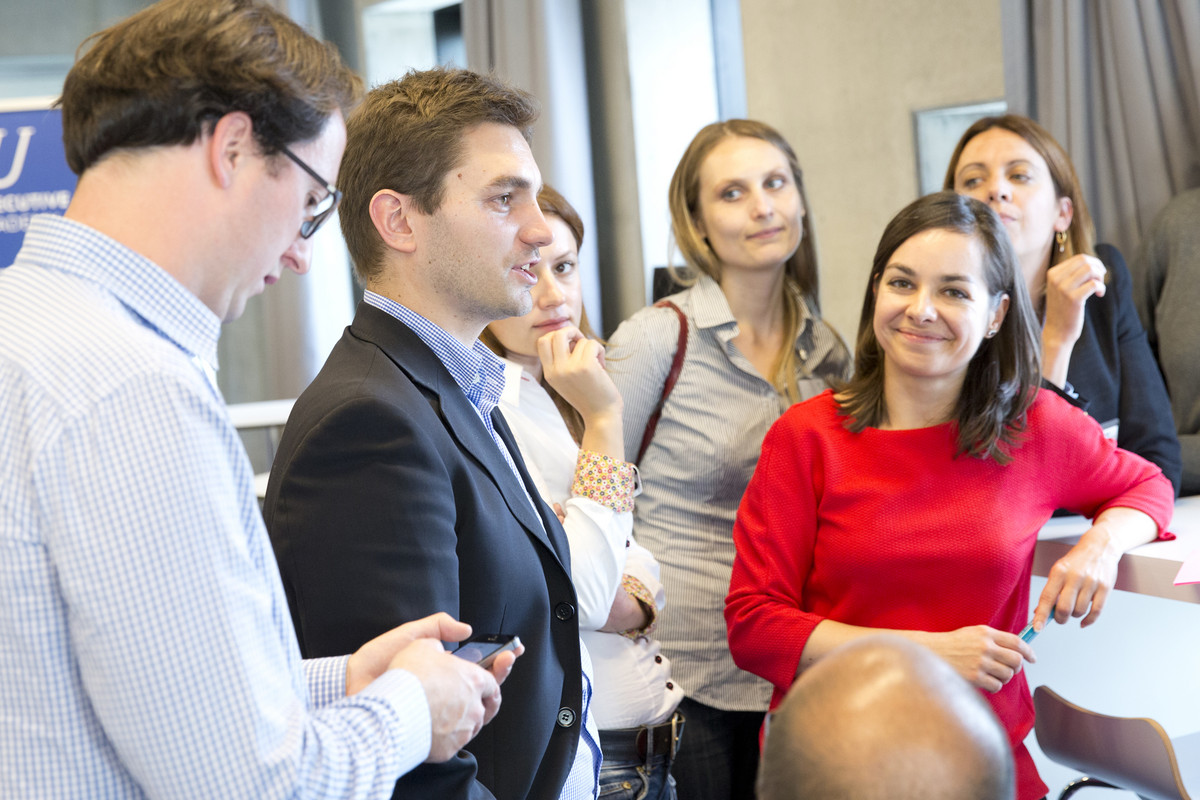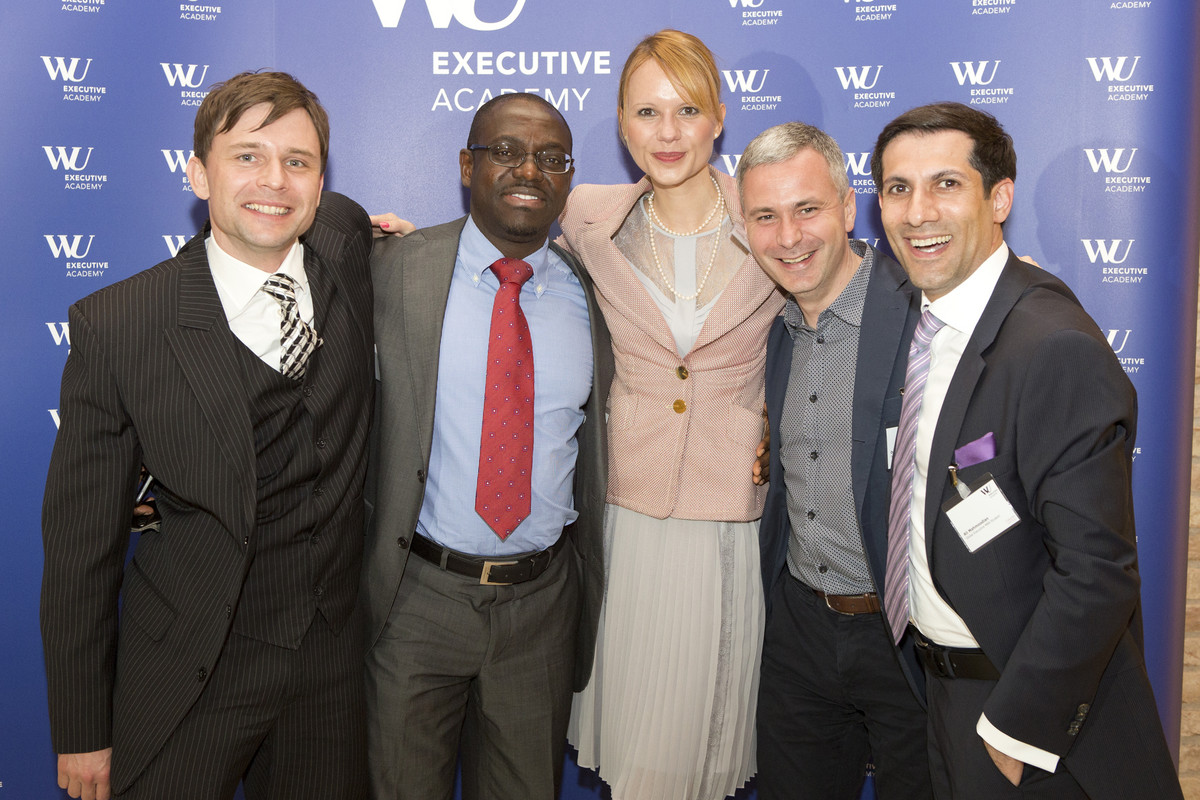Overview
Recommendations
Next Steps
Social media
Peer coaching provides students in business courses with opportunities for valuable feedback from fellow students. Here's how this can be of benefit.

Experience and learning are excellent ways to develop superior business sense, improve your workplace's operations, and put yourself on the road to success in your chosen field. However, even the most knowledgeable person will be somewhat limited to their own mentality and perspective. That’s why another person’s experience or insight might lead to a more productive solution to the questions or problems a business is working on.
By taking part in peer coaching sessions during your MBA training, you will be able to take advantage of the valuable perspectives of classmates throughout your program. This can have various benefits both during your time in training, and after.
Here are some of the ways peer coaching can benefit professional MBA students.
There is often no framework in place for individuals in management positions to get feedback from equals within a company. However, it's likely that over time peers will make potentially useful observations. Perhaps they notice their colleague resolves workplace conflict in an unproductive manner, or they may have suggestions for improving workflow. Without a system enabling regular peer feedback sessions, it is unlikely that these observations will be shared.
At the beginning of your MBA training at WU Executive Academy, you will form a group with two of your peers and meet at least two or three times over the course of six months. The goal for your meetings is to give and receive feedback on the ways you all have grown as leaders throughout the program. You can benefit immediately by receiving valuable feedback that can help you improve in the program and in the long-term by importing this process to your career. Applying peer coaching to your workplace could allow you to harness valuable perspectives on improving operations and your own output.

Though you will have the opportunity to build productive relationships with many interesting classmates during your time at MBA school, it is expected that you will become especially close with your peer coaching group. Taking the time to get to know your group will help you develop and maintain the respect and openness that form a foundation for peer coaching over a period of months.
Building this sort of strong relationship can offer you a great deal of value beyond the coaching sessions themselves. Students in our MBA programs are drawn from many different fields and regions, and so staying in contact with your peers after graduation can lead to exciting opportunities. You may learn about new career openings in different parts of the global business community, opportunities for inter-organizational collaboration, and more. Strong professional relationships can offer you and your organization a lot of value, and completing peer coaching exercises is an excellent way to forge these relationships.

Employers are not only looking for managerial skills from graduates of business courses, but according to a survey by the Graduate Management Admission Council, "Employers seek recent graduates who are highly proficient in communication skills," too. These include oral communication, listening skills, and writing skills—all of which you’ll have the opportunity to practice during peer coaching!
Completing an MBA program is therefore an excellent way to turn yourself into the all-around professional that the modern employer desires. You can complete specialized management training in diverse areas, including finance, entrepreneurship, health care management, and more, and will also benefit from the intimate communication exercises involved in peer coaching. Use your peer coaching sessions to practice communicating criticism in a positive manner, being open to dialogue with others, and learning to listen effectively. By the end of the program, you will be able to leave with an exceptional grasp of the communication skills that employers prize in MBA graduates.